Chilcot report: MI6, a Hollywood movie and faulty intelligence
- Published
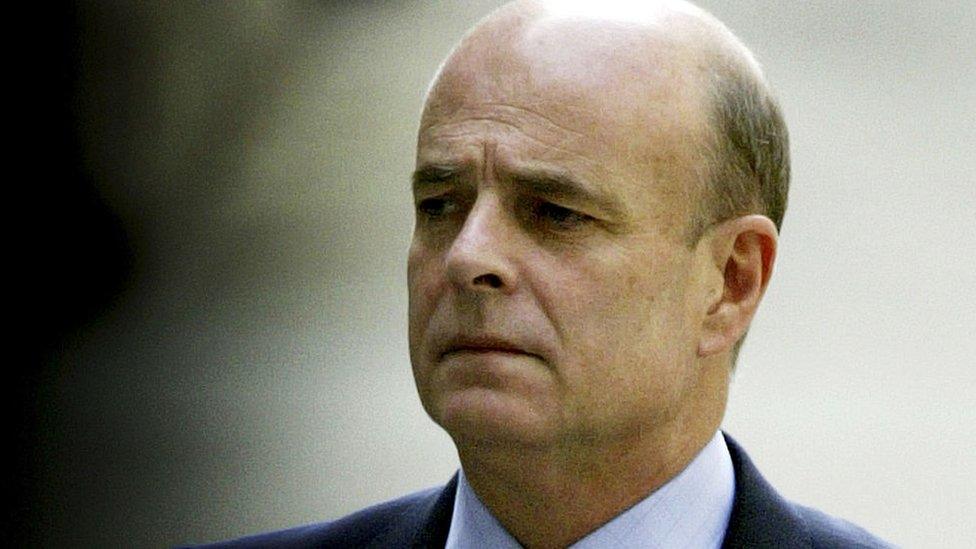
Sir John Scarlett chaired the Joint Intelligence Committee at the time of the publication of the 2002 dossier
The Iraq Inquiry, external by Sir John Chilcot presents a devastating picture of intelligence that is damning for both spies and the politicians.
It is critical of MI6's collection and presentation of its sources; of the analysis by the wider intelligence community; of the way the Joint Intelligence Committee allowed its material to be used and of the way in which politicians talked about intelligence to the public.
The story of one particular MI6 agent, as told in the inquiry report, reveals much of what went wrong.
On 11 September 2002, MI6 reported it was on the edge of a "significant breakthrough". It had a new source inside Iraq with "'phenomenal access" which might be the "key to unlock" Iraqi's biological and chemical weapons programme.
The new source said Iraq had accelerated production of its chemical and biological weapons and built further facilities. And the promise was of more intelligence to come. The head of MI6, Sir Richard Dearlove, was confident he had the access and that in a few weeks the source would produce a "CD with everything in it".
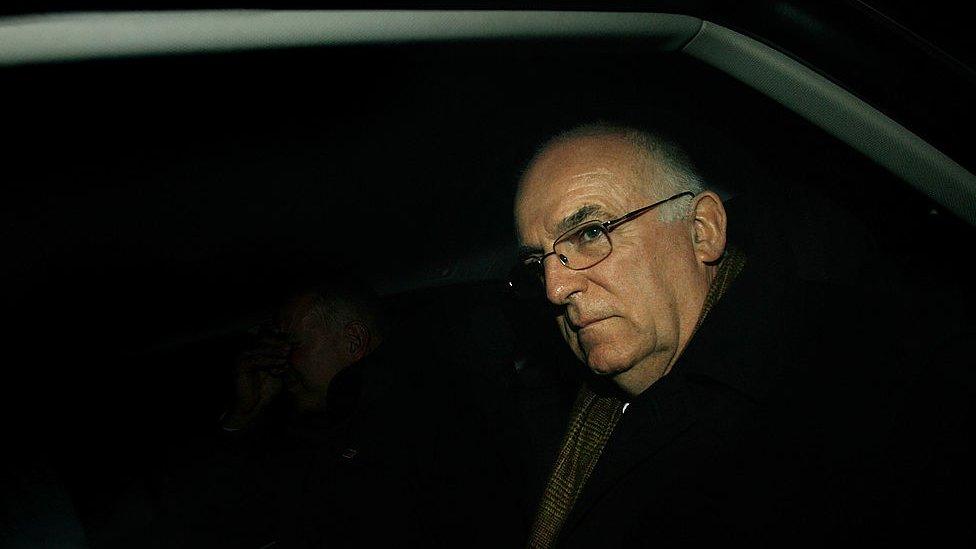
Sir Richard Dearlove was leading MI6
The dossier on weapons of mass destruction was being drawn up and word had gone out to MI6's agents to deliver. It seemed like they had.
The reporting was used to provide assurance in drawing up the dossier that its judgements were right and that Iraq did have the weapons. It was also shown directly to the prime minister whose statement in the foreword to the dossier was that the intelligence was "beyond doubt".
The new reporting was never shown though to the technical experts at the Defence Intelligence Staff who expressed some doubts about the overall language in drafts of the dossier.
"Sir Richard Dearlove's personal intervention, and its urgency, gave added weight to a report that had not been properly evaluated and would have coloured the perception of ministers and senior officials. The report should have been treated with caution," the inquiry notes.
One officer from MI6 - known officially as the Secret Intelligence Service (SIS) - asked about confidence attached to the reports said it was thanks to "wishful thinking. We marketed that intelligence… before it was fully validated".
By 2 February 2003, the new source had failed to produce the goods. And by 18 February, the source was being described in MI6 notes as having been lying over a period of time.
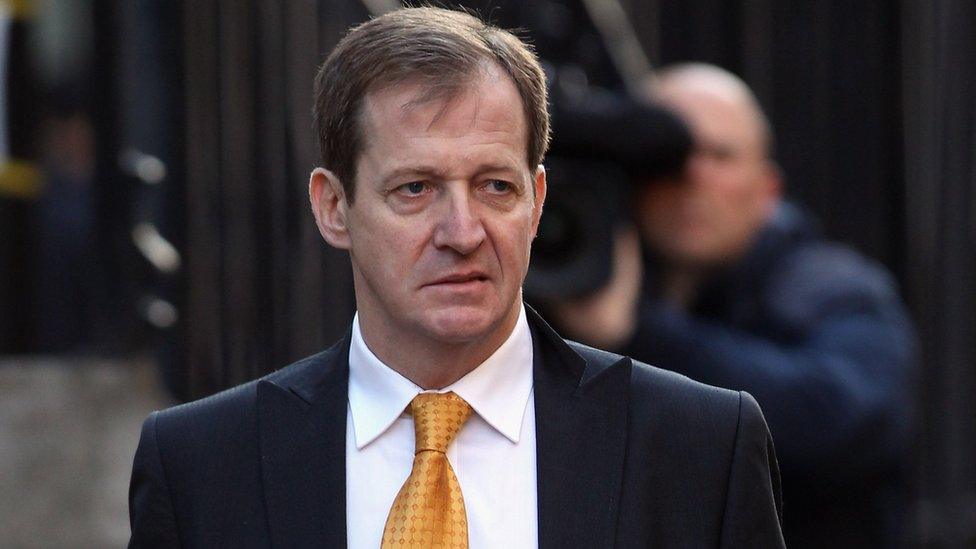
Alastair Campbell told the Iraq Inquiry that parts of the 2002 dossier could have been "clearer" but did not "misrepresent" Iraq's threat
On 17 February 2003, Dearlove sent messages to MI6's best sources in Iraq "emphasising the utmost importance of a major find in the next two weeks, and asking them to do everything possible to try and identify where materials are being hidden".
But MI6 "did not inform No 10 or others that the source who had provided the reporting issued on 11 and 23 September 2002, about production of chemical and biological agent, had been lying to SIS".
Amazingly, reports from the agent were still reissued in April - an MI6 officer failed to tell the Chairman of the Joint Intelligence Committee, John Scarlett, that the source was apparently lying and said there was no reason to dismiss his information.
And it turns out that even from September, some had concerns that the source had been watching too many movies.
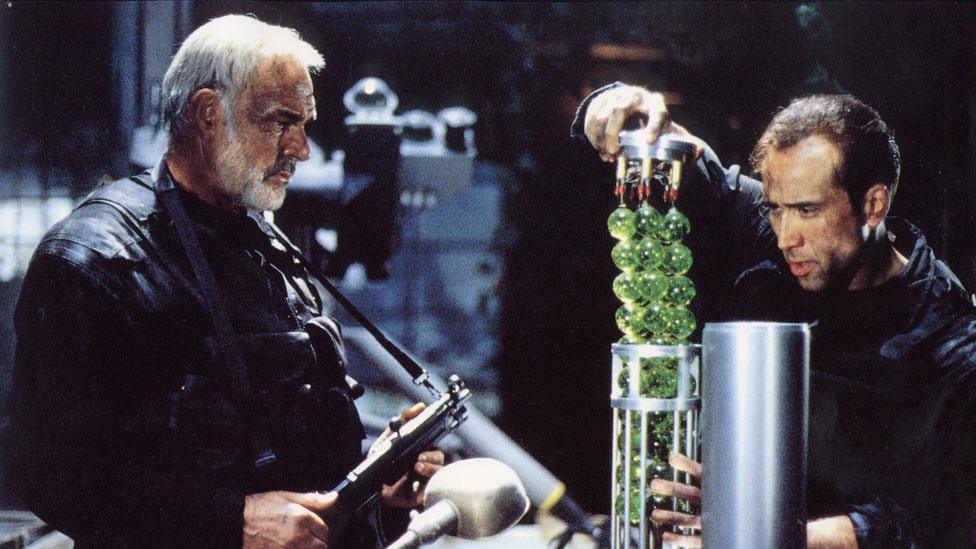
A key source appeared to have been influenced by Hollywood movie The Rock
The new source from September had described "spherical containers" filled with chemical warfare agents. MI6 in April acknowledged it had not been able to "verify fully" the details, but said it had "no reason to dismiss the bulk of this material".
However, MI6 also drew attention to the fact the source's description of the device and its spherical glass contents was "remarkably similar to the fictional chemical weapon portrayed in the film The Rock".
It even acknowledged that the similarity had been pointed out by one recipient when a report from the agent had been circulated.
In June 2003, MI6 finally met the agent. He had been involved in Iraq's chemical weapons pre-1991 and had been involved in destruction activities. He denied providing any of the material attributed to him. MI6 "concluded that its source was a fabricator who had lied from the outset".
In July 2003, the reports were officially withdrawn. "The withdrawal of the reporting was done in a very low key manner compared with the way in which the original intelligence was issued," the inquiry notes.
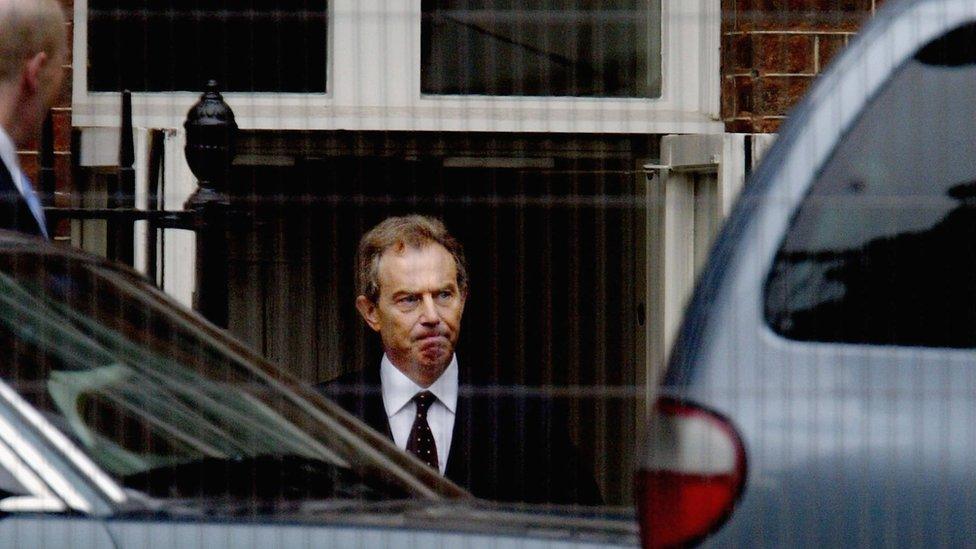
Tony Blair did not know the intelligence had been withdrawn when he gave evidence to the Hutton Inquiry in August 2003
It was not clear why it was not drawn to some ministers' attention even when giving evidence to the Hutton inquiry into the death of Dr David Kelly. Tony Blair and then Defence Secretary Geoff Hoon only became aware during the later Butler Inquiry.
So when Tony Blair gave evidence to Hutton, he was under impression that the validation was still going on - he hadn't been told it had been withdrawn.
This was described by an MI6 officer as a "skid-up".
Similar problems also came to light in withdrawing the intelligence on Iraq being able to fire weapons of mass destruction in 45 minutes - when MI6 say there might be problems after the war, Foreign Secretary Jack Straw says their description of this as a "snag" was a "very major understatement".
The story of the "new source" of September reveals just how much reliance was placed on faulty intelligence. "Here was a chap who promised the crock of gold at the end of the rainbow," one MI6 officer told the inquiry.
Yet all he had done was, it seems, watch a Hollywood movie.
- Published5 July 2016
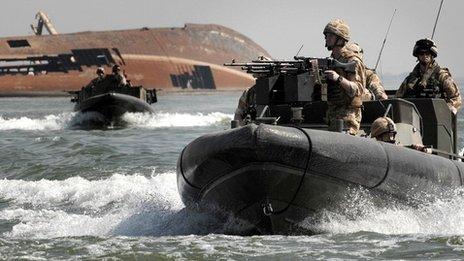
- Published4 July 2016
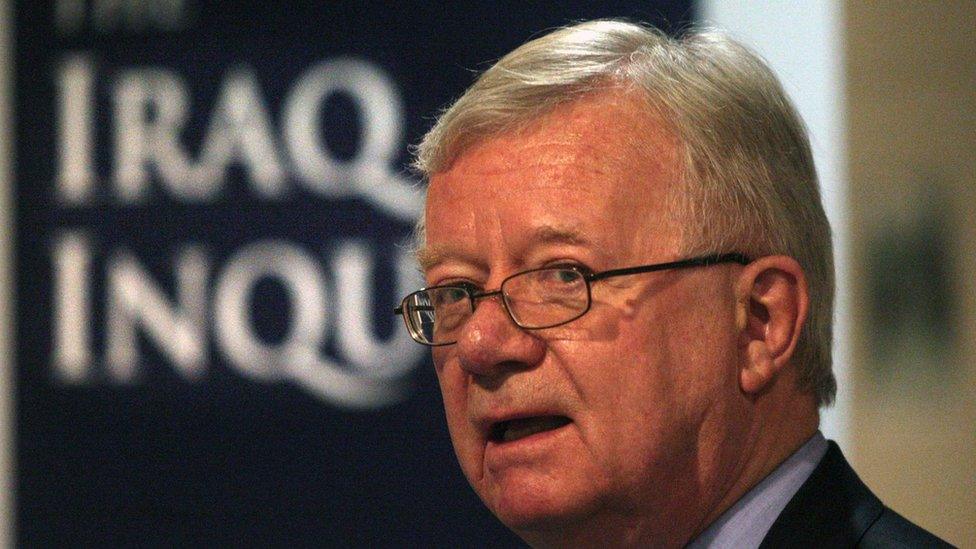
- Published29 October 2015